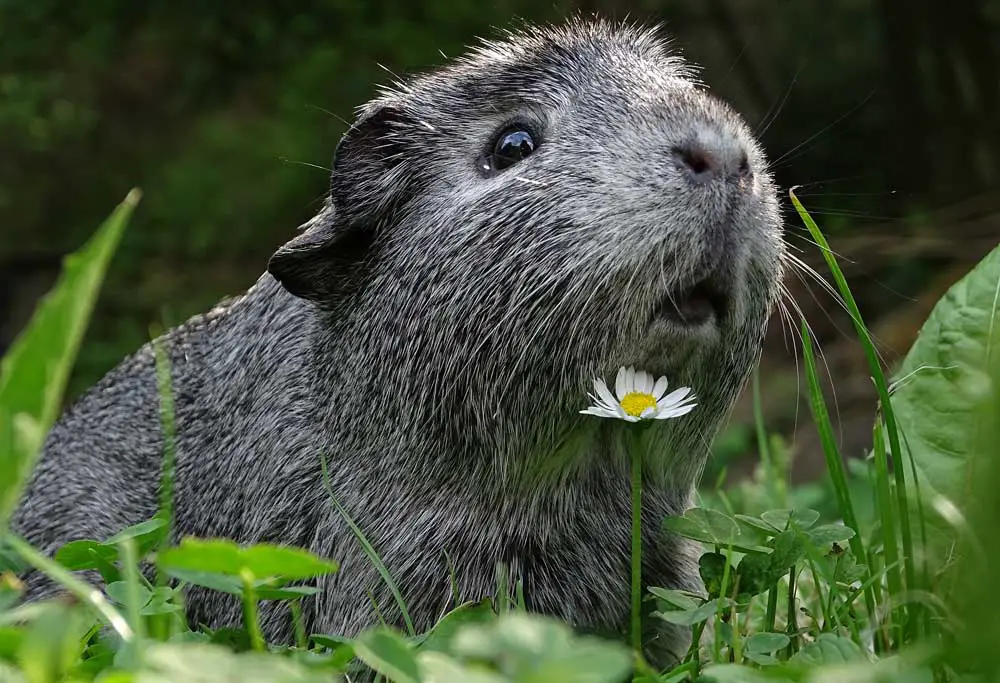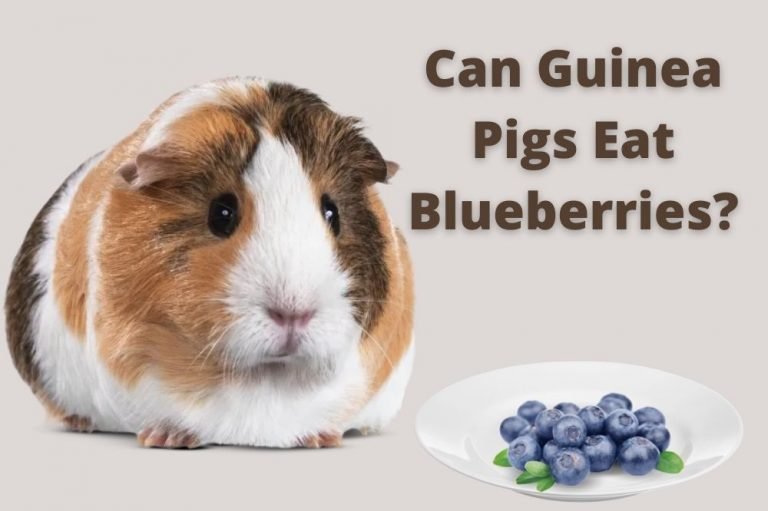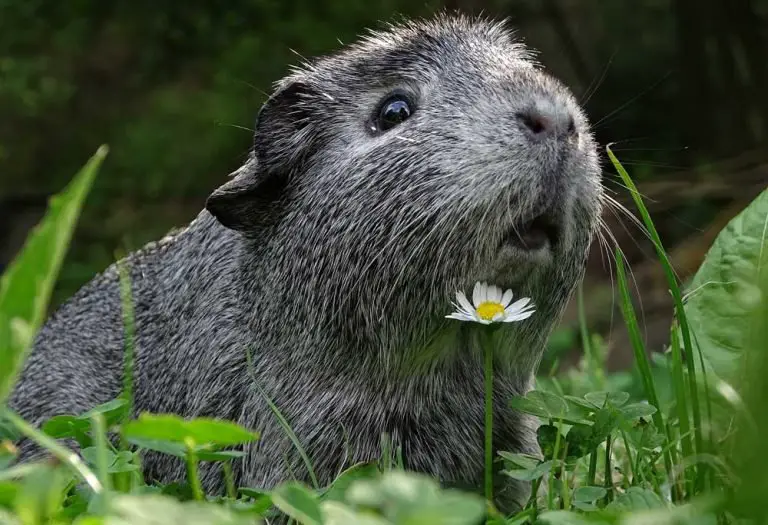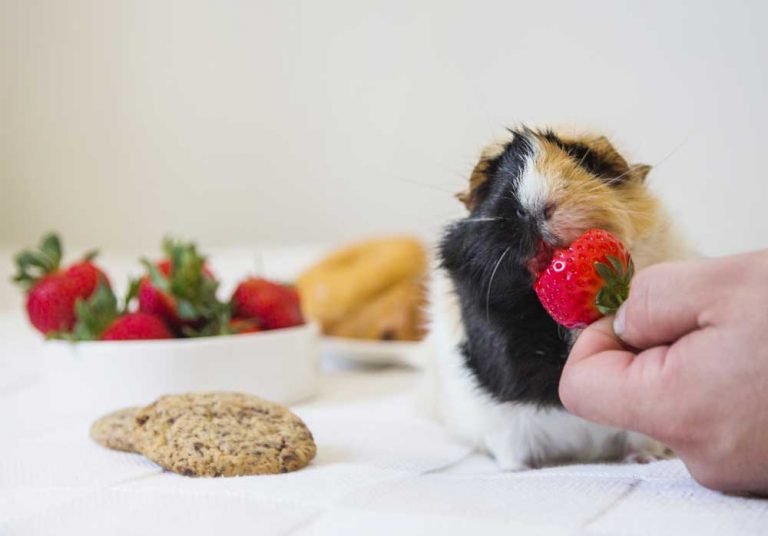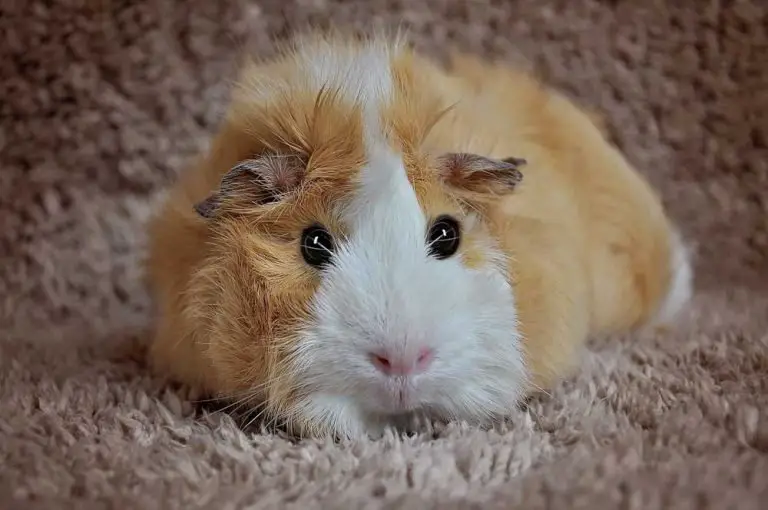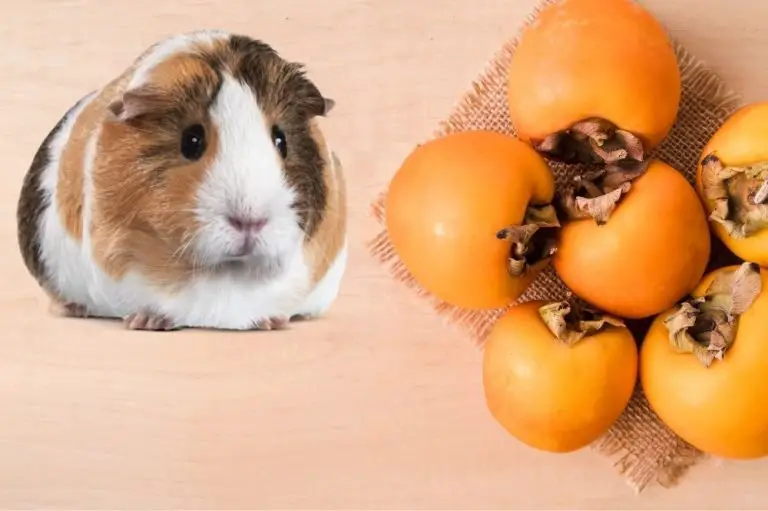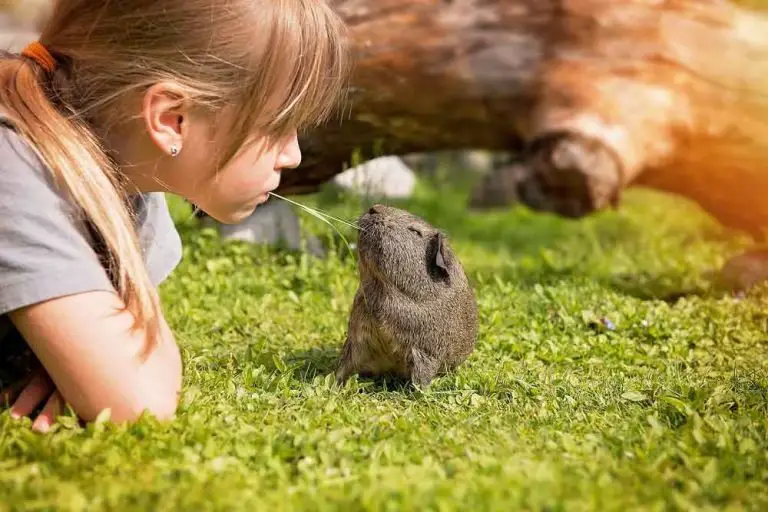How Long Can Guinea Pigs Go Without Food?
Guinea pigs are adorable little pets that will spend their days chewing away. They have a big appetite and are always chewing either out of hunger or just plain boredom.
Chewing is good for their gut and should always be encouraged by providing them with something to chew on at all times. Now, what if they don’t have something to eat?
What will happen and how long can they stay? Let’s find out.
How long can guinea pigs go without food?
Guinea pigs can go for as long as 24 hours without food, after which problems are likely to develop. Their gut should always have something to work on and eating ensures that intestines are working accordingly to avoid collapsing. A guinea pig will wheek loudly when hungry or when they know they should be getting their treat. If a guinea pig doesn’t want to eat, it could be due to an illness, new environments, diet changes, lack of water, dental problems, extreme temperatures, or stress.
Why is my guinea pig not eating?
Guinea pigs are active eaters and a lack of appetite in them signifies that something is wrong. Guinea pigs will lack appetite due to problems like:
Illness
Not unusual, a guinea pig that is unwell will lose their appetite. They will either eat little or not eat at all depending on the extremities of their illness.
Guinea pigs are prey animals that have adapted to hiding their illness to avoid attracting predators who will know they are vulnerable if sick. Guinea pig illnesses are usually noticed when it’s too late and if you notice that your pet is having a loss of appetite, that should be a major sign that something is wrong.
New environments
If a guinea pig is new to a place, they will be naturally scared and cautious. They may be unable to eat properly the food that you offer them as most times will be spent in hiding.
It takes some time for guinea pigs to get used to a new place and gain trust in you because at first guinea pigs won’t know whether you are a predator trying to eat them or not.
Diet change
Guinea pigs love their food and they know the type of food that they love. If you decide to change up their diet all of sudden, for instance, you can decide to swap all their fruits and veggies for pure pellets, then there will be a problem.
Your guinea pig may get frustrated and refuse to eat. This is why it’s advised that if you are changing foods you should do it gradually.
Lack of water
Water is vital in their diet as it aids in a lot of body functions with digestion being one of them. If you forgot to provide them with water, or the water got depleted, guinea pigs will be unable to eat their food as usual.
Contaminated water and one that has a funny taste is water that guinea pigs will not drink so it should be changed often.
Dental problems
Guinea pigs have a sweet tooth and their teeth have continuous growth their whole lives. These two factors make them prone to teeth problems.
A guinea pig with teeth problems may have a sensitive mouth, red gums, diarrhea, and they’ll refuse to eat because chewing becomes painful and they are unable to do it. Long teeth will even prevent a guinea pig from eating.
Extreme temperatures
Guinea pigs’ small bodies are incapable of regulating their temperatures. This makes it dangerous for guinea pigs to be in extreme temperatures.
If it gets too cold, guinea pigs can easily develop hypothermia and if it gets too hot they will get heatstroke. Temperature extremes will affect them to the extent of not being able to eat.
Stress
Guinea pigs get stressed easily and that’s why they should be handled with care. They will get stressed by loud sounds, loneliness, and seeing your other pets like dogs nearby.
A stressed guinea pig will over-groom, remain on the same spot, and have a change in their eating habits.
What to do if a guinea pig won’t eat?
If your guinea pig is lacking interest in food, you can take measures like:
- Teach them to trust you if you have just acquired them. Offer treats and try to make a conversation with them as you feed them.
- See a vet if you notice signs of an illness. Chances are if you are noticing them, then the illness is at an advanced stage.
- Change their diet gradually not all of a sudden. Begin including new foods in their current diet slowly as you reduce the amount of food you want to stop giving.
- Always make sure that you provide chew toys and lots of hay to enable them to wear down their teeth. If they get long, see a vet for trimming.
- Provide your pet with more than enough water at all times. Accidents can happen and water may spill in your absence, always offer some extra just in case so that they don’t lack water.
- Ensure that your guinea pig is living under the right temperatures. Have a thermometer to measure but remember that if you are feeling too cold then your guinea pig is also feeling too cold and vice versa.
- Keep your guinea pig in a safe space away from loud noises and other pets you may have. Also, ensure that you keep them company as much as possible to prevent loneliness in the naturally social pets.
When should you feed guinea pigs?
Guinea pigs should be fed twice a day in the morning and evening. They should be provided with a lot of hay, a cup of veggies, an 1/8 cup of pellets, some slices of fruit, and plenty of water for their daily dietary needs.
Leftover veggies and fruits should be taken away within an hour to prevent flies, bacteria, mold, and stinky smells. If they keep leaving pellets on their bowls every day, it means that you are giving more than they need.
Feeding bowls should be ceramic because it’s non-chewable, durable, and hard to overturn. They should be washed regularly to avoid buildup and mold.
Conclusion
Guinea pigs are always eating and should be provided with hay at all times to prevent starvation in your absence. Some factors like illness, dental problems, stress, and new environments may make your pet lose appetite and stop eating
If they won’t eat even after you have tried your best in helping them out, you should see a vet to know what the problem could be.

